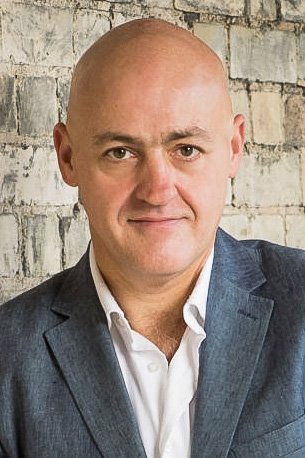
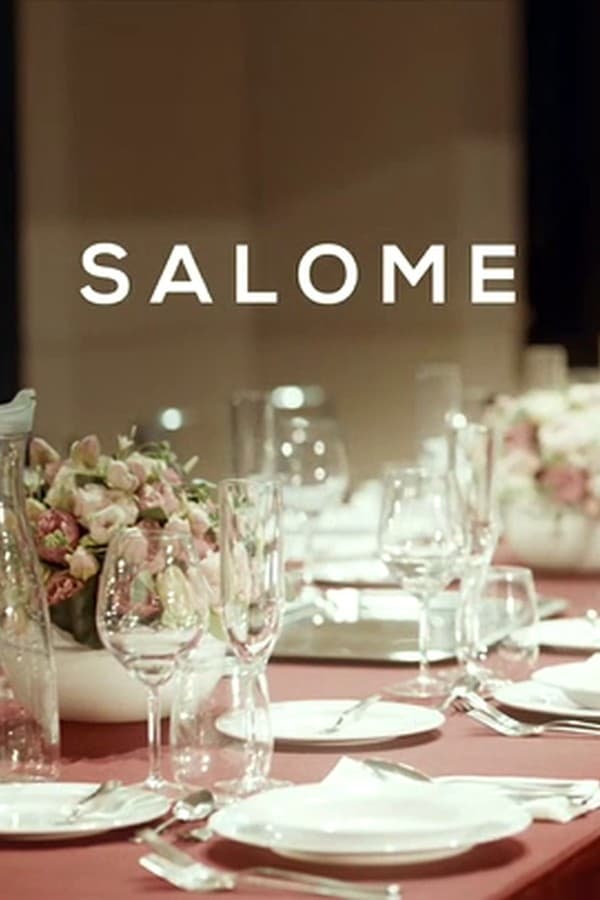
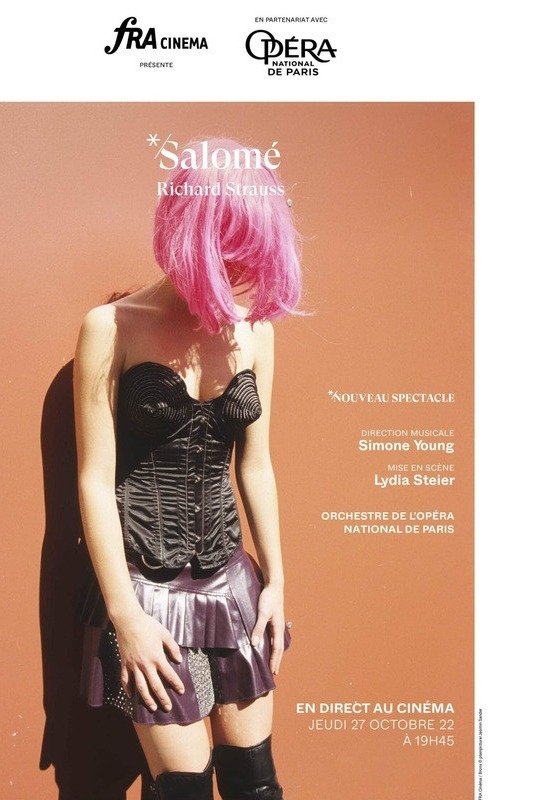
Salome, princess of Judea, the daughter‑in‑law of King Herod, finds life in her father‑in‑law’s palace dreary. Her curiosity is roused when she hears the voice of Jochanaan, a prophet held prisoner by Herod who is afraid of him. Obsessed by this enigmatic and virtuous man, Salome is ready to do anything to possess him, dead or alive. Drawing on Oscar Wilde’s scandalous play of the same name, in 1905 Richard Strauss produced the work that was to ensure his status as Wagner’s successor in the history of German opera. A dazzling hour and forty minutes, decadent in its very essence, which, for her debut at the Paris Opera, Lydia Steier treats as a dystopia in which amorality rules.
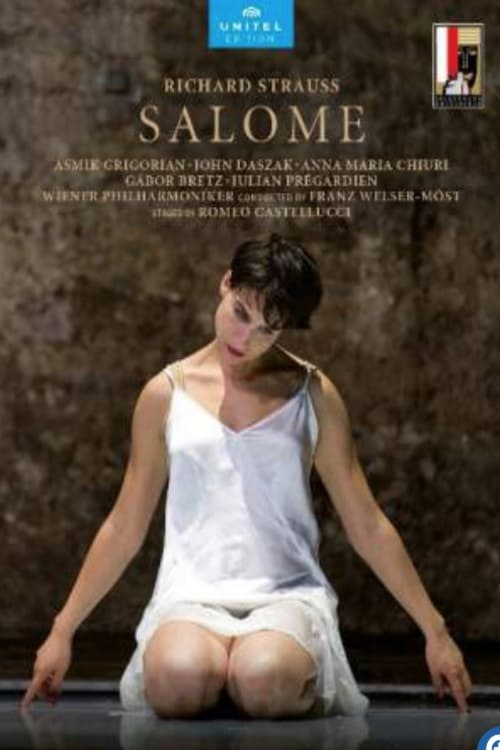
Based on Oscar Wilde's lurid play, it is an intense exploration of the Salome story. Its sumptuous vocal and orchestral writing seethes and pulsates as Strauss conjures up the brutality of Herod's corrupt court. Richard Strausss opera at the Salzburg Festival, staged by Romeo Castellucci at the Felsenreitschule, was nothing short of a sensation. Debuting in the title role, Asmik Grigorian propelled herself to international stardom with her mesmerizing singing and acting abilities. The exceptional soprano recently won the International Opera Award as best singer.
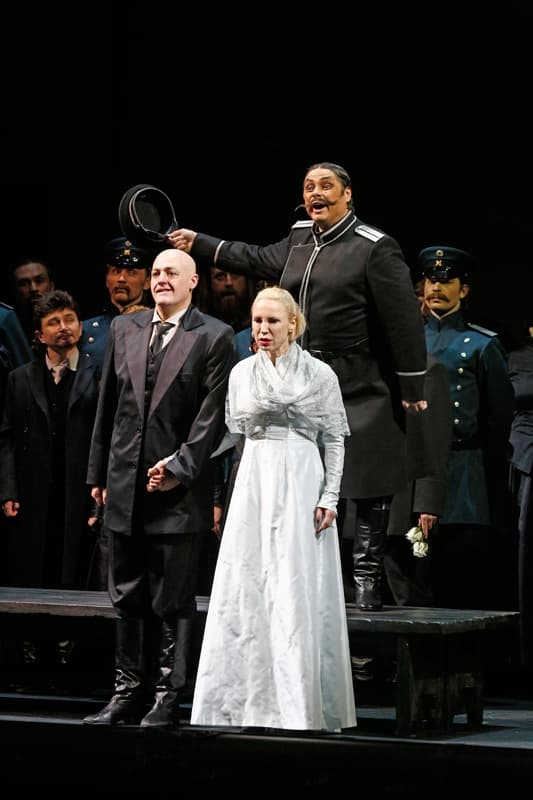
Opera in four acts by Dmitri Shostakovich (1906 - 1975) Libretto by Dmitri Shostakovich and Alexander Preis after 'Lady Macbeth of the Mtsensk District' by Nikolai Leskov First performance in Moscow, Stanislavsky-Nemirovich-Danchenko Music Theatre, 8 January 1963

Moses relies on his eloquent brother’s help to translate the abstract idea of God into understandable images. But don't his persuasive words mar the pure idea that Moses finds so impossible to put into words? In Schönberg's unfinished opus magnum, Barrie Kosky recounts the Israelites' exodus - with almost 200 performers on stage - as a parable of humanity's never-ending search for answers. The Russian star conductor Vladimir Jurowski returns to his former workplace, the Komische Oper Berlin, to commemorate the 70th anniversary of the liberation of Auschwitz.
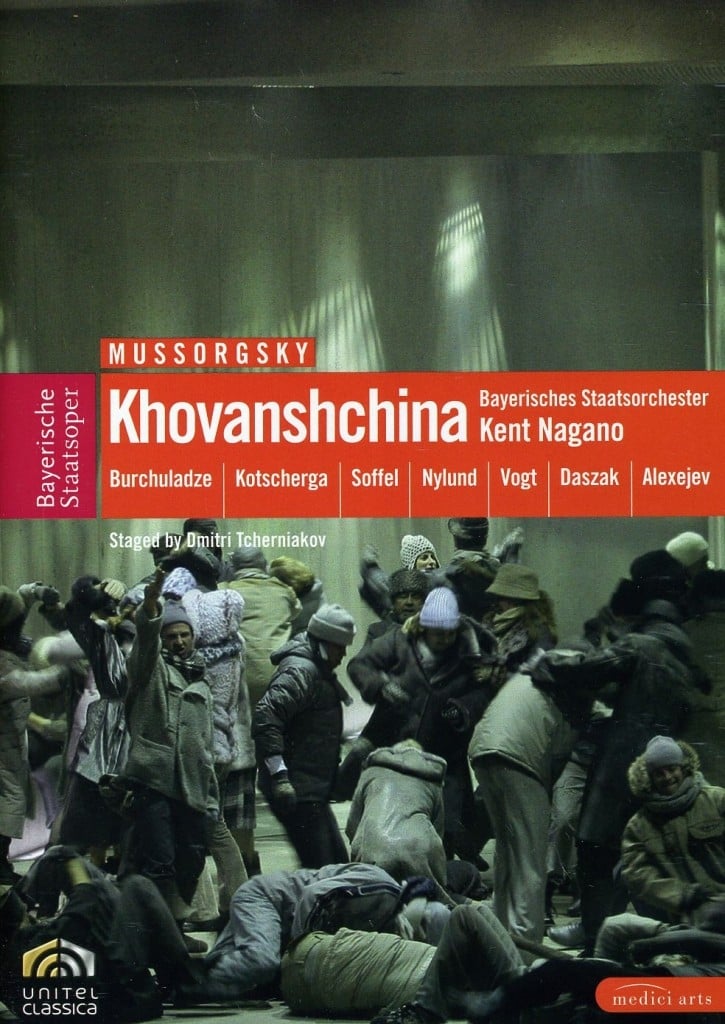
Kent Nagano superbly masters the challenges presented by this score, shapes the dynamics with subtle intensity, and casts the score in a mellow glow. As Marfa, the spurned lover of Ivan Khovansky‘s son Andrei, Doris Soffel unfolds such a rich palette of sonorities, from the pathos of the lower ranges to shaded discant heights, that “one is tempted to speak of a Russian mezzo”. The final chorus, which Mussorgsky did not compose, is played in the orchestrally transparent version of Igor Stravinsky – the third great Russian composer who contributed to making “Khovanshchina“ a timeless, gripping stage work. With his stripped-down sets and historicising costumes, director Dmitri Tcherniakov, one of the new voices of contemporary Russian theatre, builds a bridge to the political present. A lesson in history and music!
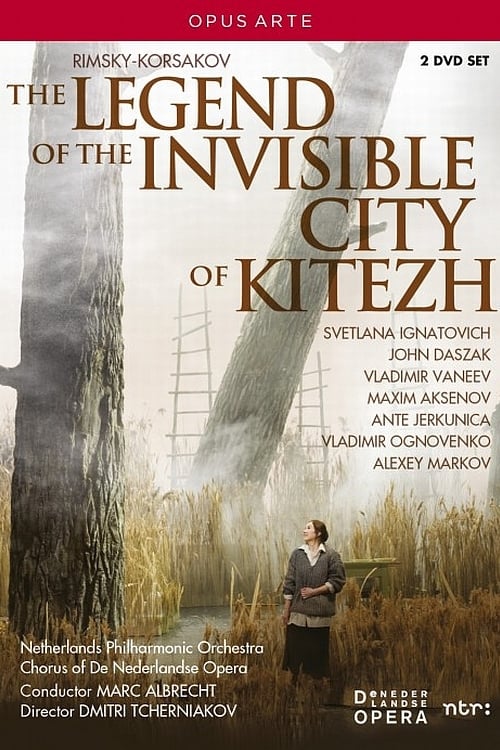
Opera lies at the heart of Rimsky-Korsakov's colourful idiom, but performances are few and far between; this realisation of his penultimate and grandest stage work is a very rare and special experience. Kitezh is known as "the Russian Parsifal", which encapsulates its mystical flavour and steady unfolding of a legend of redemption
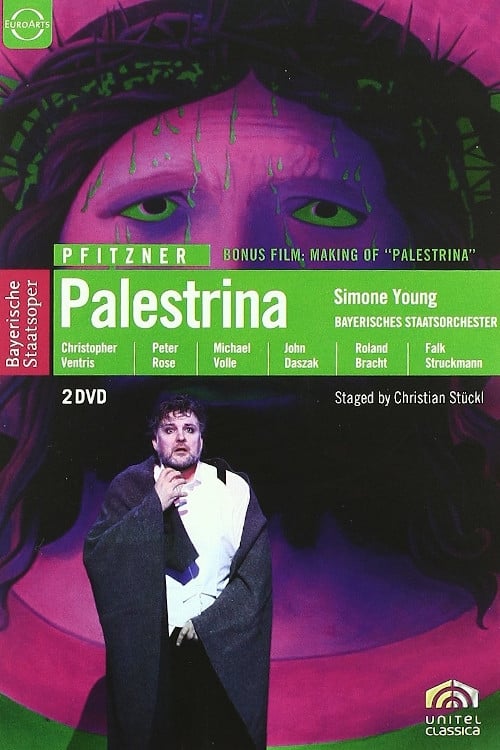
Requiring 38 soloists, chorus, and large orchestra, Hans Pfitzner's "Palestrina" is a challenging opera to stage. In Munich, the city in which it was premiered in 1917, director Christian Stückle, conductor Simone Young, and the Bavarian State Opera met those challenges with stunning success.
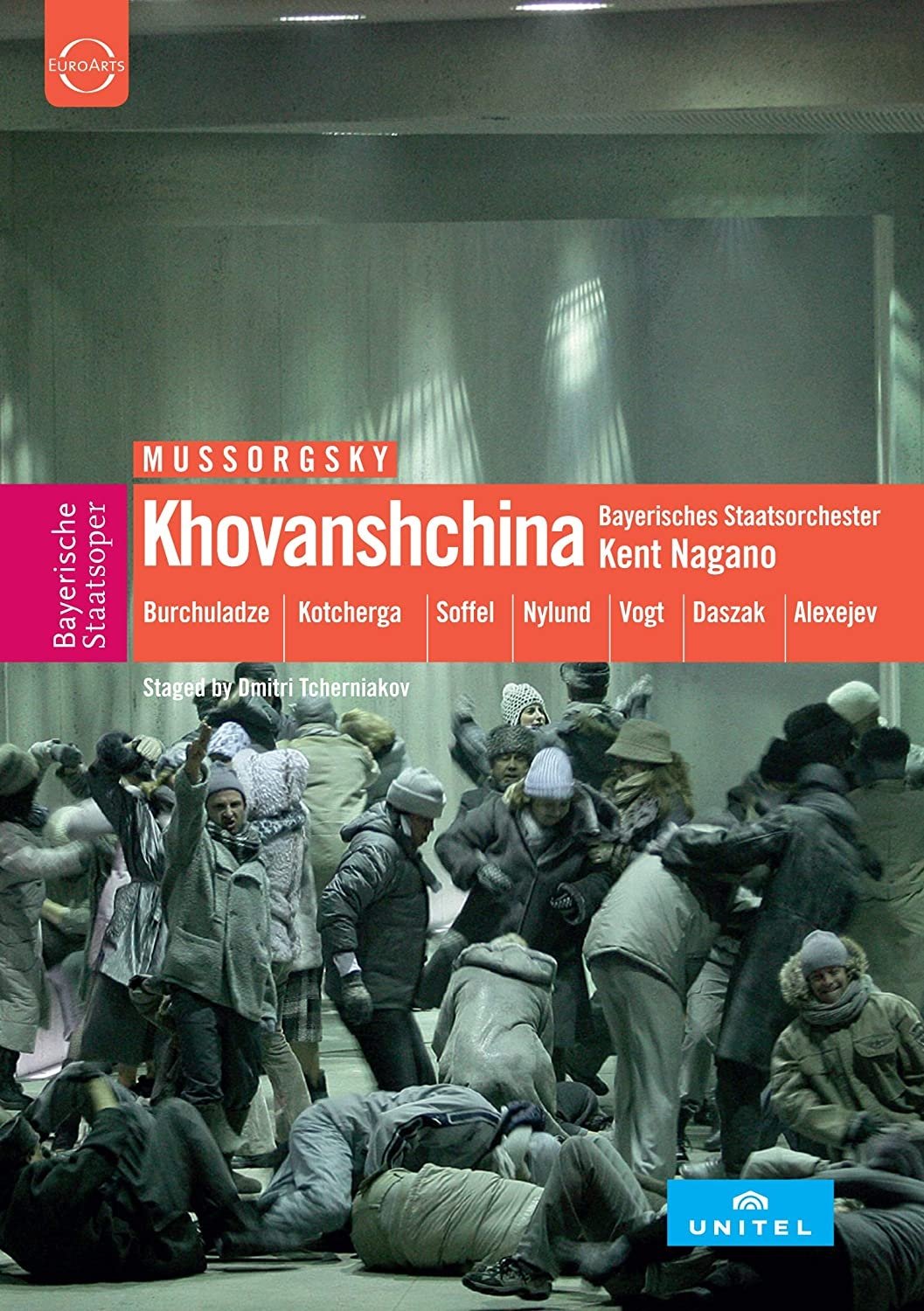
One of Modest Mussorgsky's great talents was his unique ability to transpose words, psychological states, and even physical movements, into music. Kent Nagano rises magnificently to the challenges presented by this score. And Dmitri Tcherniakov's fascinating production emphasizes the timeless quality of this sombre tale of intrigue and power struggles reminiscent of a Greek tragedy, reflecting Mussorgsky's own maxim: "The past in the present - that is my task."
By browsing this website, you accept our cookies policy.